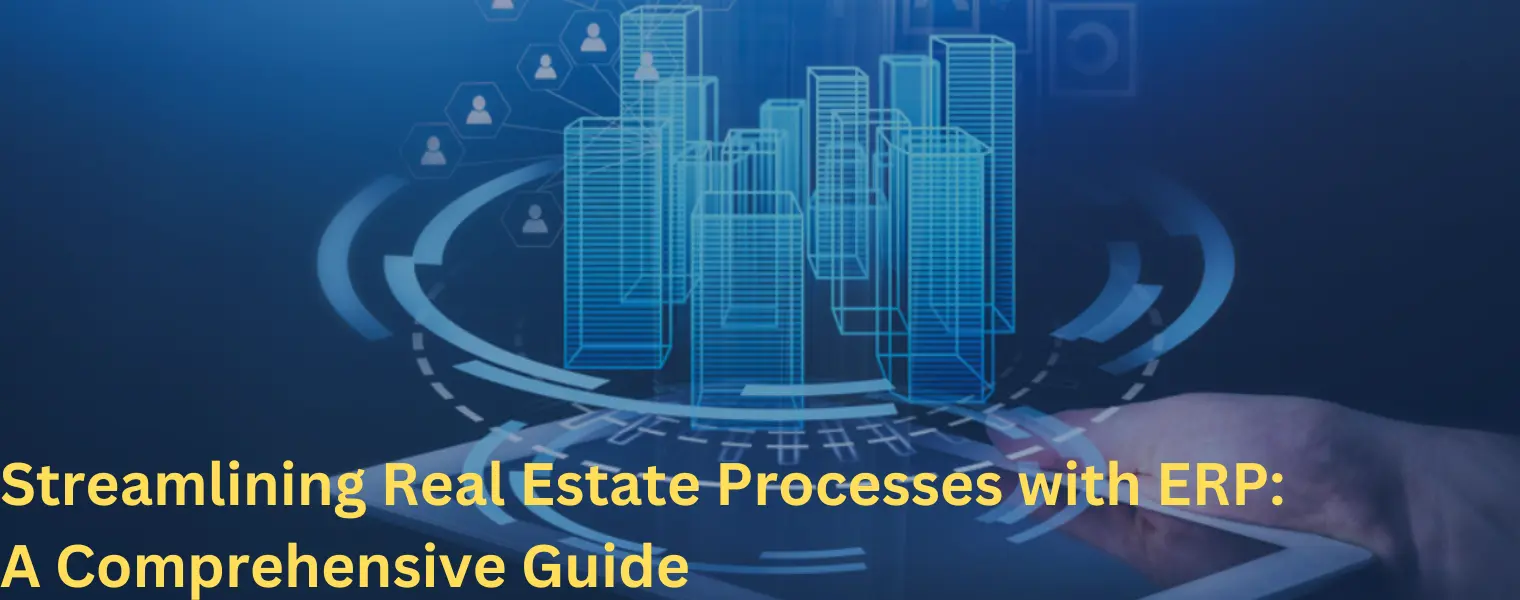
In the dynamic and complex world of real estate, where every project involves multifaceted tasks and numerous stakeholders, efficiency and precision are paramount. Enter Enterprise Resource Planning (ERP), a powerful tool transforming the landscape of real estate development. In this comprehensive guide, we delve into the various ways ERP streamlines real estate processes, optimizing operations, enhancing collaboration, and ultimately paving the way for success.
Enterprise Resource Planning is a comprehensive software solution that integrates various business processes into a single platform. In the realm of real estate, DoFort Real Estate ERP consolidates data and functionalities across departments, providing a unified view of operations. From project management and financials to customer relationship management, Property Management ERP becomes the nerve center of streamlined processes.
One of the significant challenges in real estate development lies in efficient project management. Real Estate ERP systems offer robust project management modules that allow teams to plan, monitor, and execute tasks seamlessly. From tracking construction progress to managing timelines and allocating resources, DoFort Real Estate ERP ensures that every aspect of the project is synchronized, reducing delays and increasing overall productivity.
In real estate, financial precision is non-negotiable. Real Estate ERP solutions bring financial modules that streamline budgeting, expense tracking, and financial reporting. The real-time visibility into financial data helps project managers make informed decisions, preventing cost overruns and ensuring that projects stay within budget.
Collaboration is key in real estate projects where diverse teams – architects, contractors, sales, and marketing – work in tandem. ERP breaks down silos by providing a centralized platform for communication and collaboration. Real-time updates, document sharing, and communication tools within the ERP system foster a collaborative environment, reducing the risk of miscommunication and errors.
Real estate projects are not without risks, whether they be regulatory compliance issues or unexpected challenges during construction. Real Estate ERP systems play a pivotal role in risk management by providing tools for real-time monitoring, analysis, and compliance tracking. By ensuring adherence to industry regulations, ERP minimizes the potential for legal complications and project setbacks.
In the information age, data is a powerful asset. Real Estate ERP solutions provide robust analytics and reporting capabilities, enabling stakeholders to make data-driven decisions. From market trends to project performance metrics, the insights derived from ERP systems empower decision-makers to navigate the complex real estate landscape with confidence.
In summary, the integration of ERP into real estate processes signifies a transformative change in project planning and management. With its comprehensive nature, ERP seamlessly connects and optimizes all facets of a venture. The resulting streamlined processes benefit stakeholders by improving efficiency, mitigating risks, and ensuring success in a dynamic market. The strategic adoption of ERP systems by the real estate industry provides a competitive edge, shaping a future where success is defined by efficiency and precision. Explore the benefits of Dofort Real Estate ERP which has proven instrumental in streamlining various processes for companies. Get in touch with us for further details and to arrange a demonstration.
Welcome to DoFort !